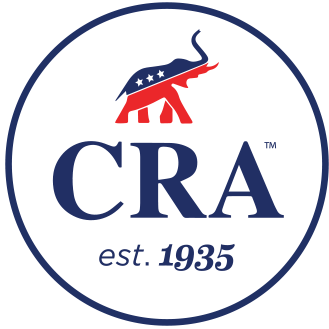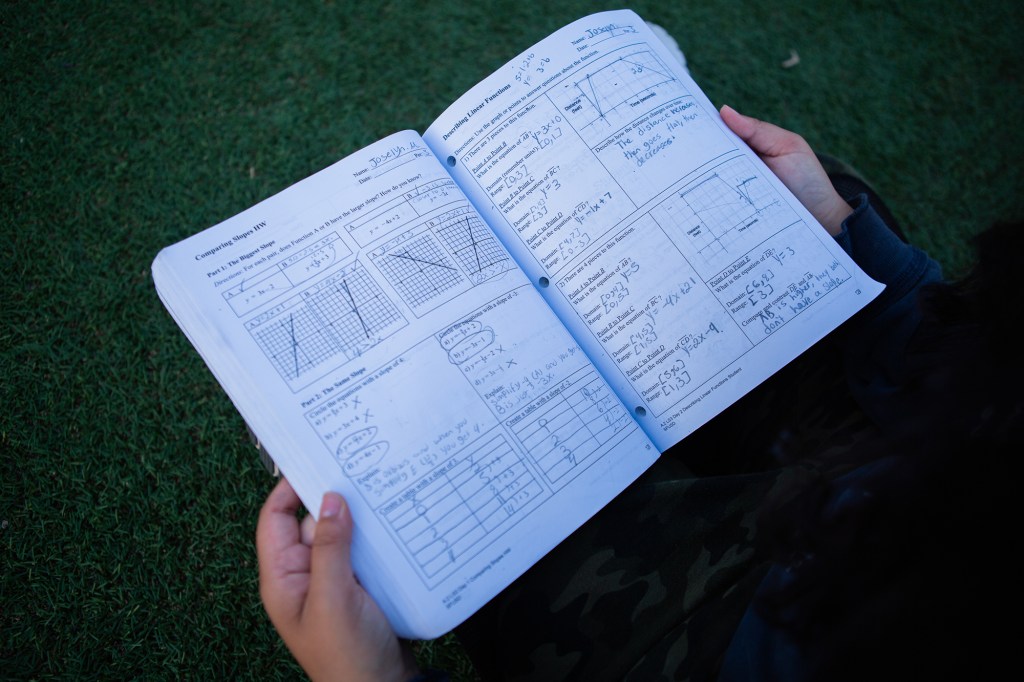Join CRA TODAY!

There is no “US” Without You!
Thank you for visiting us here at the online headquarters for THE CALIFORNIA REPUBLICAN ASSEMBLY.
If you find value in the work we are doing to help fight for conservative values here in the Golden State, PLEASE BECOME A MEMBER TODAY!
(CALMATTERS) – Joselyn Marroquin, a freshman at Lincoln High in San Francisco, challenged herself by taking two math classes this year.
Because the San Francisco Unified School District requires students to wait until 9th grade to take Algebra 1, Joselyn enrolled in both Algebra 1 and Geometry at the same time so she can make it to AP Calculus by her senior year.
“The stress of taking two classes and having homework for each was difficult to manage,” Joselyn said. “It was hard at first, but I got used to it.”
In 2014, district officials decided to delay Algebra 1 until 9th grade in hopes of lowering the number of Black, Latino and low-income students failing Algebra 1 in 8th grade. The goal was to get these students into higher level math classes and eventually to careers in science, tech, engineering or math. The change succeeded at reducing the number of students failing courses, but has coincided with a drop in test scores at some schools serving higher-needs students, a point of criticism relevant to all of California because the state plans to recommend the same policy for every school district statewide as part of a new math framework.
At the same time, the change has led families with resources, like Joselyn’s, to find ways to help their kids get ahead in math, perpetuating some of the inequities the policy was meant to eliminate.
To make sure Joselyn could handle taking two math classes this year, her grandfather Rex Ridgeway, who oversees Joselyn’s education, paid $850 for her to enroll in an Algebra 1 class during the summer after 8th grade. Ridgeway, who is Black, said he hoped that going into high school already knowing Algebra 1 would lighten the burden of taking two math classes.
“I had her take Algebra 1 over the summer so she could master it when she took it again with Geometry,” Ridgeway said. “A lot of Black families don’t have the resources to do what I did.”
The state’s recommendation of the same policy in its controversial math framework has reignited San Francisco parents like Ridgeway who opposed the measure nearly eight years ago. After blowback from parents and math experts, the state will be releasing the revised framework in January before finalizing the guidelines in July. The framework, however, is a set of suggestions and there will be no penalty for districts that opt to ignore it.
Ridgeway said he was furious when he learned about the district’s policy and sought ways to get Joselyn to Calculus by 12th grade and maximize her chances of attending UCLA, her dream school. Other parents in the district have done the same. Teachers aren’t surprised.
“It has led to even worse inequities and driven them underground,” said Elizabeth Statmore, a math teacher at the district’s Lowell High, the city’s top performing public high school. “People with means started finding other ways to get ahead.”

